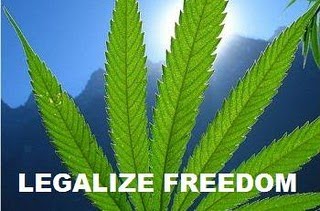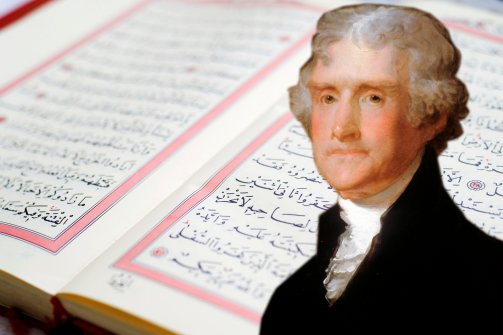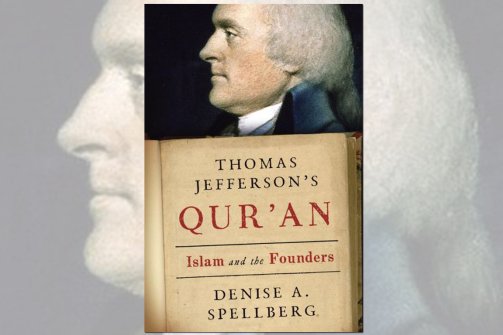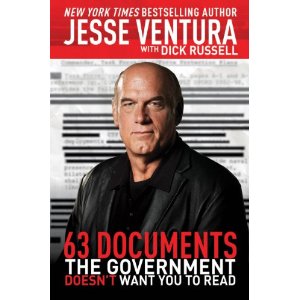Smoking it does destroy the brain, BUT …
(Watch the video “Hemp For Victory below.”)

They say marijuana is dangerous. Pot is not harmful to the human body or mind. Marijuana does not pose a threat to the general public. Marijuana is very much a danger to the oil companies, alcohol, tobacco industries and a large number of chemical corporations. Big businesses, with plenty of dollars and influence, have suppressed the truth from the people. The truth is, if marijuana was utilized for its vast array of commercial products, it would create an industrial atomic bomb! The super rich have conspired to spread misinformation about the plant that, if used properly, would ruin their companies.
Where did the word ‘marijuana’ come from? In the mid 1930s, the M-word was created to tarnish the good image and phenomenal history of the hemp plant – as you will read. The facts cited here, with references, are generally verifiable in the Encyclopedia Britannica which was printed on hemp paper for 150 years :
1) All schoolbooks were made from hemp or flax paper until the 1880s. (Jack Frazier. Hemp Paper Reconsidered. 1974.)
2) It was legal to pay taxes with hemp in America from 1631 until the early 1800s. (LA Times. Aug. 12, 1981.)
3) Refusing to grow hemp in America during the 17th and 18th centuries was against the law! You could be jailed in Virginia for refusing to grow hemp from 1763 to 1769 (G. M. Herdon. Hemp in Colonial Virginia).
4) George Washington, Thomas Jefferson and other founding fathers grew hemp. (Washington and Jefferson Diaries. Jefferson smuggled hemp seeds from China to France then to America.)
5) Benjamin Franklin owned one of the first paper mills in America, and it processed hemp. Also, the War of 1812 was fought over hemp. Napoleon wanted to cut off Moscow’s export to England. (Jack Herer. Emperor Wears No Clothes.)
6) For thousands of years, 90% of all ships’ sails and rope were made from hemp. The word ‘canvas’ is Dutch for cannabis. (Webster’s New World Dictionary.)
7) 80% of all textiles, fabrics, clothes, linen, drapes, bed sheets, etc., were made from hemp until the 1820s, with the introduction of the cotton gin.
8) The first Bibles, maps, charts, Betsy Ross’s flag, the first drafts of the Declaration of Independence and the Constitution were made from hemp. (U.S. Government Archives.)
9) The first crop grown in many states was hemp. 1850 was a peak year for Kentucky producing 40,000 tons. Hemp was the largest cash crop until the 20th century. (State Archives.)
10) Oldest known records of hemp farming go back 5000 years in China, although hemp industrialization probably goes back to ancient Egypt.
Read moreThe Reason Hemp Is Illegal: The Marijuana Conspiracy









